|
|
|
Editor's note
|
|
America lost a musical icon when Aretha Franklin passed away earlier this week. Penn State music instructor Adam Gustafson zeroes in on a key period of her musical development. When she left Detroit for New York City to sign with Columbia Records, the label’s executives tried to mold her into something she wasn’t; her career stalled, and she and Columbia eventually parted ways. Luckily, legendary producer Jerry Wexler saw in Franklin a
reservoir of untapped talent. When collaborating with her, he took a different approach: Getting out of her way.
Since its discovery 150 years ago, helium has delighted millions of kids through high-flying party balloons and voices made squeaky and cartoonish after inhaling the gas. But you may not realize that supplies of helium are finite and that many of our 21st century technologies, from cell phones to MRI machines, rely on it. Are we running out? What happens if we do?
|
Nick Lehr
Arts + Culture Editor
|

|
|
Top stories
|
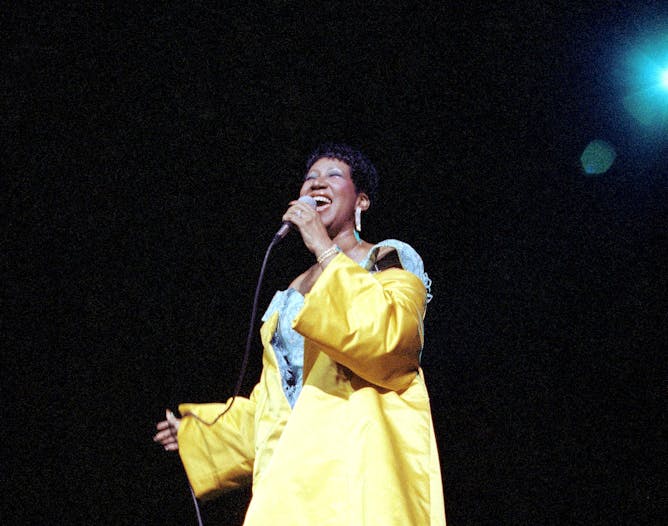
Aretha Franklin performs at New York’s Radio City Music Hall in 1989.
AP Photo/Mario Suriani
Adam Gustafson, Pennsylvania State University
When record executives tried to mold Franklin's sound to their liking, her career sputtered. Then legendary producer Jerry Wexler came along. His approach? Stay out of her way.
|

Balloons filled with helium float lazily into the sky.
By magicinfoto / shutterstock.com
Christopher Rithner, Colorado State University
Helium lifts balloons and makes our voices squeak. But its supply on Earth is finite and is critical for modern industrial processes and medical imaging in hospitals. How worried should we be?
|
Arts + Culture
|

Dick Lehr, Boston University
In 1979, David Duke told the media he had launched a wildly successful recruiting drive in Connecticut. A local reporter wanted to test Duke's claims – so he filled out an application to join the KKK.
| |
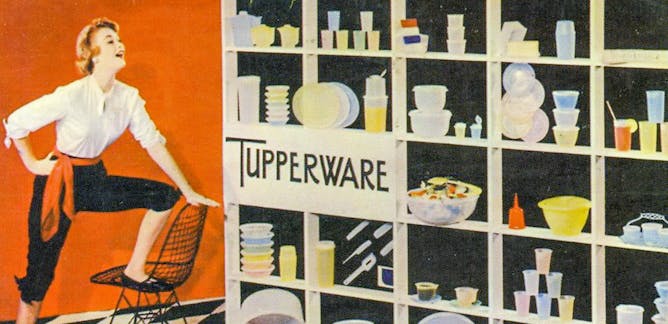
Marsha Bryant, University of Florida
You know you've hit it big when your designs find their way into millions of kitchens – and the Museum of Modern Art.
|
|
|
Economy + Business
|
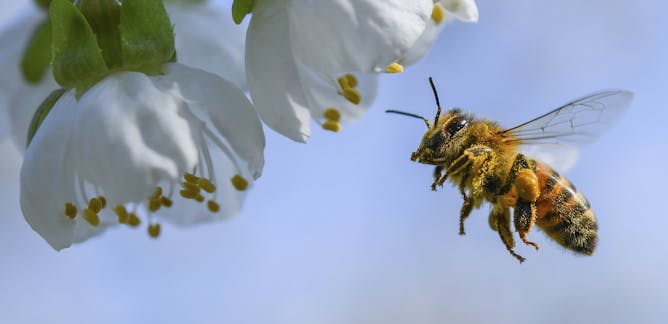
Brittney Goodrich, Auburn University
Pollination by commercially raised bees is important to a variety of crops but none more than California almonds. In turn, beekeepers depend on them.
| |
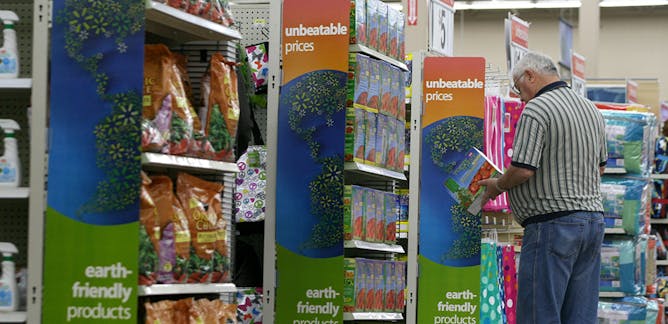
Andrew Spicer, University of South Carolina; David Graham Hyatt, University of Arkansas
Two business professors spent five years studying Walmart's ambition project to bring sustainability to its millions of budget-conscious customers – a plan that began with the birth of a granddaughter.
|
|
|
Environment + Energy
|
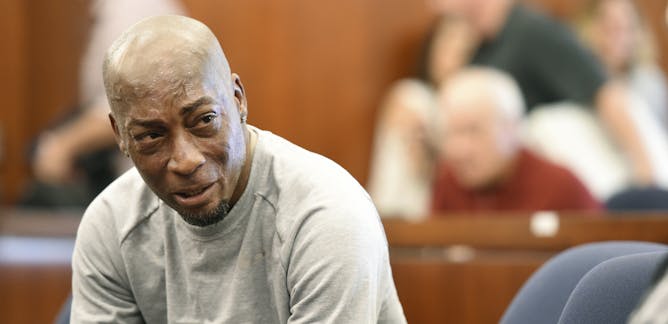
Richard G. "Bugs" Stevens, University of Connecticut
A jury concluded on Aug. 10 that exposure to the herbicide Roundup caused Dewayne Johnson's cancer and ordered the company to pay $289 million in damages. Thousands more claims are pending.
| |
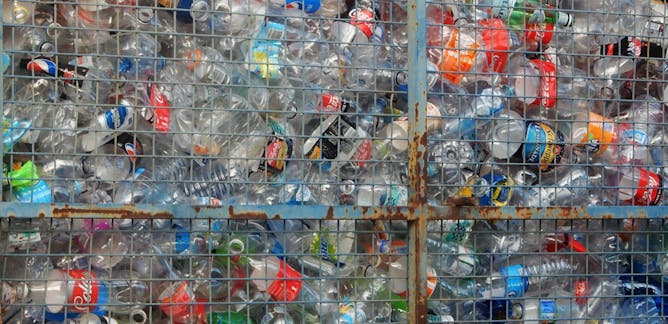
Richard Gross, Rensselaer Polytechnic Institute
Research is yielding strategies for making plastics greener and more sustainable. But without support as they scale up, new versions will struggle to compete with well-established synthetic plastics.
|
|
|
Health + Medicine
|
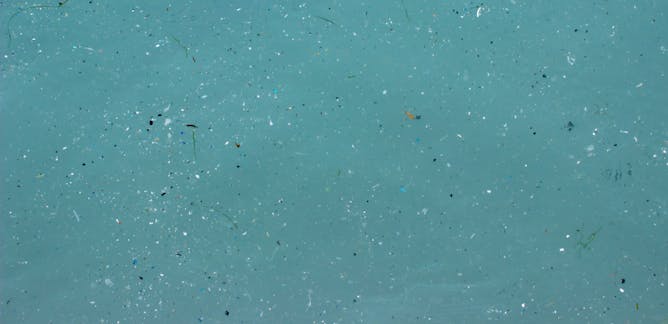
John Meeker, University of Michigan
Microplastics are everywhere--our water, soil, and even the air we breathe. The consequences of this exposure on human health is unknown. But studies in animals give us reason to worry.
| |
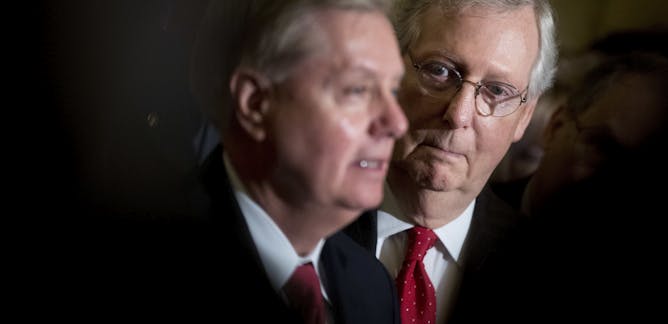
Simon F. Haeder, West Virginia University
The Trump administration's latest effort to undermine the Affordable Care Act is the expansion of short-term insurance plans. But these shorter plans are also short on real benefits.
|
|
|
Education
|

David Yeager, University of Texas at Austin; Hae Yeon Lee, University of Texas at Austin
While transitioning to the ninth grade can be stressful for many students, teaching students to be more optimistic can better enable them to cope with the challenges, research psychologists argue.
| |
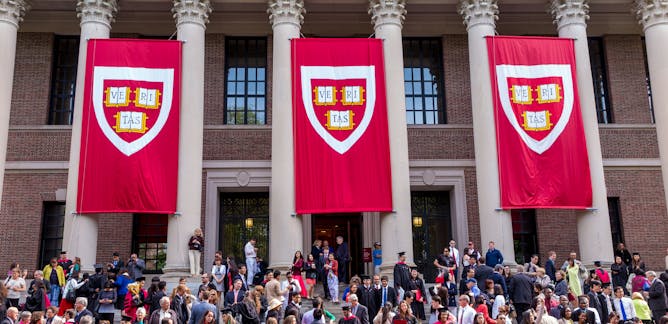
David Orentlicher, University of Nevada, Las Vegas
In tandem with affirmative action, policies that guarantee college admission to students in the top 10 percent of their class could be a viable way to achieve diversity, a law professor argues.
|
|
|
Ethics + Religion
|
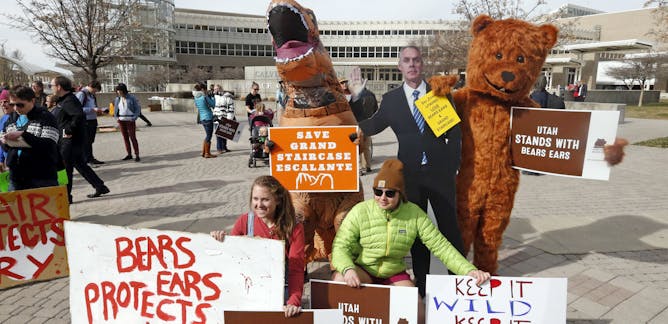
Rosalyn R. LaPier, The University of Montana
Despite the American Indian Religious Freedom Act, passed by the US Congress 40 years ago, Native Americans still struggle to protect public lands where they practice their religions.
| |
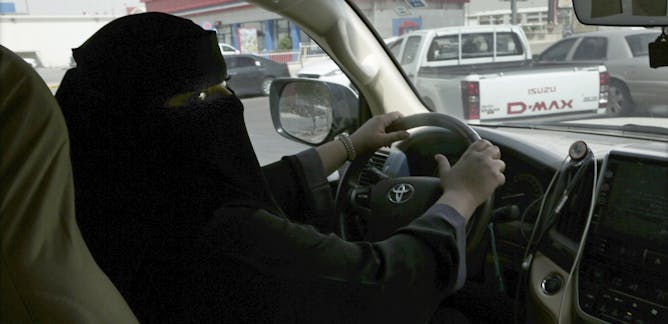
Nermin Allam, Rutgers University Newark
Saudi Arabia has arrested a number of feminists, while bringing in reforms for women. An expert argues why this goes to show that the kingdom remains adamant on not opening space for more voices.
|
|
|
Politics + Society
|
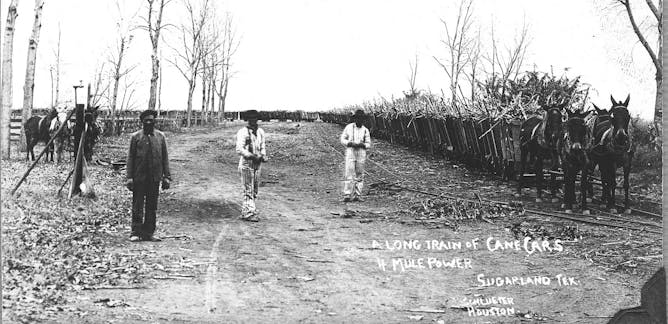
Andrea Roberts, Texas A&M University
An African-American burial ground uncovered at a construction site in Texas has ignited debate on how to protect black history as suburban sprawl overtakes rural areas once farmed by enslaved workers.
| |
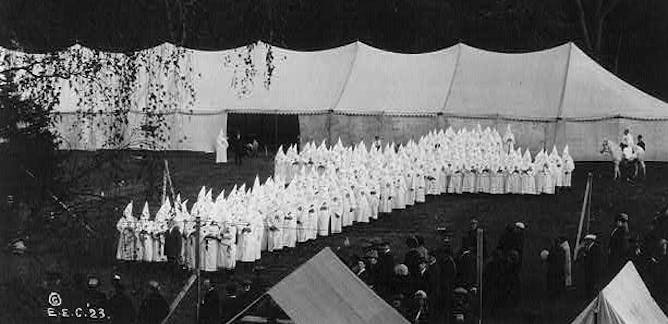
Brian J Purnell, Bowdoin College; Jeanne Theoharis, Brooklyn College
One year after Charlottesville's white supremacist march, US racism is seen primarily as a Southern-grown problem. But Jim Crow laws started in the North, which has a long history of systemic racism.
|
|
|
Science + Technology
|
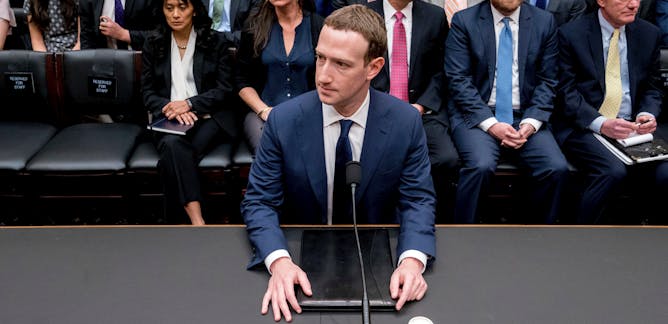
Anjana Susarla, Michigan State University
The strengths of social media are also its weaknesses. Facebook must acknowledge that it has transformed from a startup company into a powerful social force.
| |
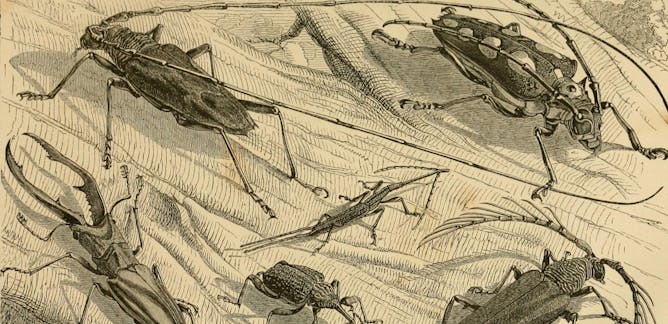
Giacomo Bernardi, University of California, Santa Cruz
An evolutionary biologist visits the remote jungle mountaintop where a little-known naturalist wrote his insightful paper about the mechanisms of evolution that spurred on a rivalrous Charles Darwin.
|
|
|
| |
| |
| |
| |
| |
| |
|
|
|
|
|
|
|